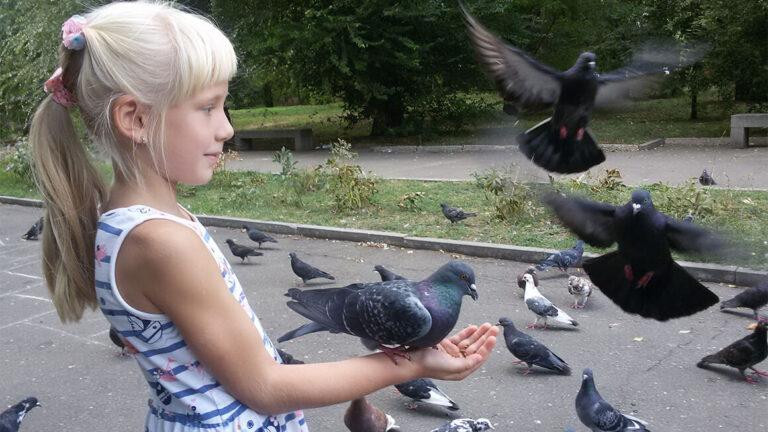Although many modern parents strive to care not only for their children’s physical health but also for their mental health, most moms and dads do not really know how to raise a mentally healthy child. They simply lack the skills to teach their little ones to overcome difficulties and setbacks.
Therefore, today we will talk about mental upbringing. The earlier you start paying attention to the development of your child’s psyche, the better prepared they will be for the realities of adult life.
So, here are 6 golden rules to help you raise a mentally healthy son or daughter.
Make caring for the mind a family priority
Good parents explain to their children the importance of taking care of their bodies. They make them brush their teeth, exercise, and eat healthy food.
But few adults think about the importance of a child’s mental development, hoping that this educational burden will be taken on by kindergarten teachers and school teachers.
To raise mentally healthy children, train their minds. Solve interesting puzzles, go on exciting quests as a family, and talk about the importance and benefits of high intelligence.
Also, be prepared to occasionally consult a professional psychologist who can help guide your child’s mental development in the right direction.
Talk about feelings
Research shows that 70% of students entering universities are mentally ready for study but not emotionally.
The overwhelming majority of young people regret that their parents did not teach them how to cope with unpleasant feelings such as disappointment, anxiety, and loneliness.
To ensure your child is ready to overcome personal struggles in adult life, incorporate emotional words into everyday conversations. Talk about your own feelings and ask your children what they are feeling.
Discuss how negative emotions affect your decisions, and teach children to manage their feelings in a mentally healthy way.
Teach your child to think realistically
When a child says, “I’ll never understand math,” you may be tempted to say, “Oh, of course you will, don’t worry.” But it’s useless to use comforting words without teaching children to calm themselves independently.
When a child expresses self-doubt, engages in self-criticism, makes catastrophic predictions, or exaggerates negative thoughts, teach them to think differently. Show them how to recognize exaggerated destructive fantasies and turn them into more realistic judgments.
Explain that your own thoughts are not always accurate and that sometimes it’s important to prove that the brain is wrong. Say something like, “I always think I’ll mess everything up when I have to give presentations at work. But then I remind myself that I’ve prepared well, and my fear of the important event is just normal excitement that I can easily handle.”
Be a positive example to follow
Children need to understand that they can behave contrary to their feelings, and their behavior can change those feelings.
If your son or daughter had a bad day at school, when they come home, they can do something to calm down and feel better. If they are upset about their sports results, they should understand that they need to train more to improve.
Be a good example to follow and show your child that sometimes you act contrary to your feelings. For example, say, “I’m a bit tired after work, but it would be right if I cook dinner instead of sitting in front of the TV.”
Get involved in solving children’s problems, but don’t solve them on your own
It’s very tempting to quickly solve children’s problems for them. I agree, it really saves time and nerves. But then how do you give them the opportunity to develop their own crisis management skills?
Don’t give in to the desire to rescue your child when they encounter a problem. Instead, help them come up with a solution. Allow your offspring to make mistakes sometimes. The consequences of mistakes can be life’s best teachers.
Look for a way out of complex children’s situations together. Whether your child is struggling with a specific behavioral problem or finding it difficult to get along with other kids during breaks, brainstorm together, find at least 5 solutions, and help your son or daughter choose the best one to try.
Strengthen the mental health of the whole family
It’s not just the child who should be mentally healthy, but every member of the family. Come together and don’t hesitate to discuss strategies for becoming mentally stronger and turning mistakes or problems into learning moments.
But make sure children don’t confuse calmness and thoughtfulness with rigid behavior. Denying emotional pain or refusing to show emotions are not signs of mental health at all.



